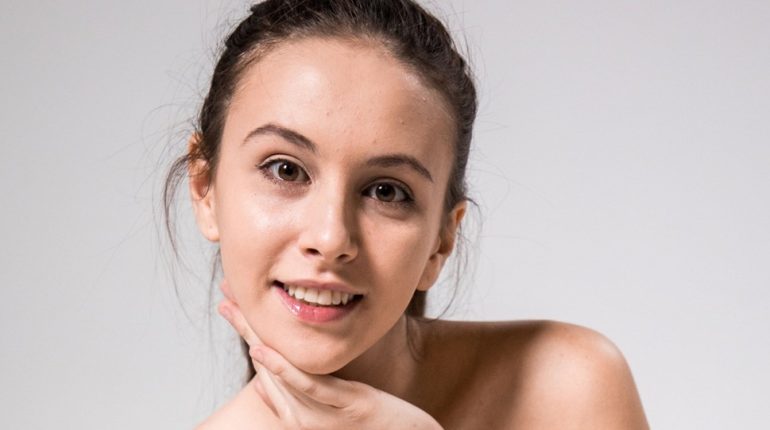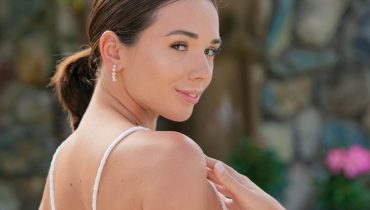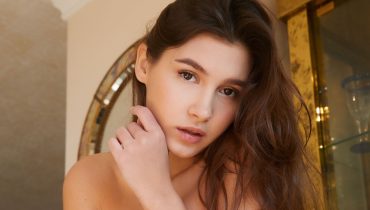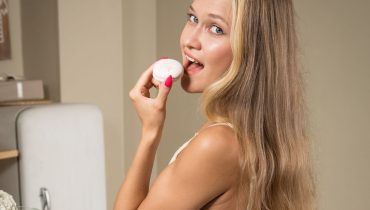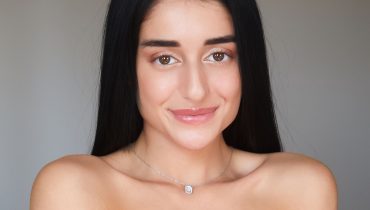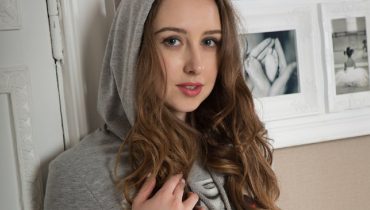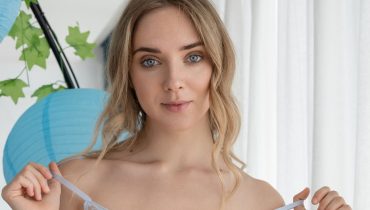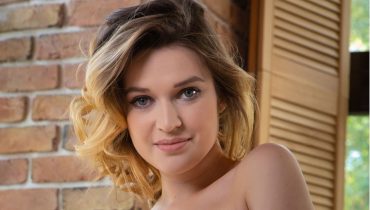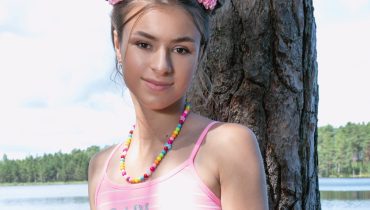For Lily Davis, beauty wasn’t about makeup — it was about confidence. But when stress, travel, and poor diet began affecting her hair, she felt like part of her identity was slipping away. “I used to have thick, glossy hair,” she recalls.
“Then one morning, I saw more strands in the shower drain than on my brush.” That moment started her journey into understanding supplements for hair growth and beauty — a field full of myths, marketing, and surprisingly solid science.
Understanding Hair Health from the Inside Out
“Hair loss is never just about vanity,” Lily says. “It’s a signal.” Her dermatologist explained that hair follicles are among the first to react to nutrient deficiencies. Iron, zinc, biotin, and collagen all play vital roles in hair production. “When you’re stressed or undernourished, your body diverts energy away from non-essential functions like hair growth,” she explains. “That’s why supplements can make a real difference.”
Lily began researching medical studies and found that the right blend of vitamins and amino acids could promote growth and thickness. “It’s not magic,” she emphasizes. “It’s biology supported by consistency.”
The Power of Biotin, Collagen, and Keratin
Biotin — often called Vitamin B7 — became Lily’s first focus. “Every influencer talked about it,” she laughs. “But I wanted data.” Clinical studies show that biotin supports keratin production, improving hair strength and elasticity. “Within three months, I noticed fewer split ends and less shedding.”
Collagen came next. “It’s like scaffolding for your hair and skin,” she says. “I started mixing collagen peptides into my morning smoothie.” Collagen doesn’t just support hair — it boosts skin hydration and elasticity, reducing fine lines. “It was the first time I realized inner health equals outer beauty.”
Finally, she explored keratin supplements. “Keratin is the main protein in hair strands, but stress and pollution damage it,” Lily explains. “I took small doses alongside zinc and Vitamin E, which improved my hair’s shine naturally.”
The Myths About Hair Supplements
“Social media sells miracles,” Lily warns. “But not all hair vitamins are created equal.” She learned to avoid products with unnecessary fillers and megadoses. “More isn’t better — balance is,” she says. “Too much Vitamin A, for example, can cause hair loss.”
Instead, she focused on clean, clinically tested products like Nutrafol, Viviscal, and Olaplex’s new supplements. “They combine science with transparency,” she says. “You know what you’re putting in your body.”
How Lifestyle Affects Results
Hair health isn’t just about pills. Lily discovered that nutrition, sleep, and stress all influence growth. “You can’t out-supplement burnout,” she says. “When I started eating protein-rich meals and getting 8 hours of sleep, my results doubled.”
She also used AI-powered wellness trackers to monitor progress. “There’s an app called Hairverse that analyzes scalp photos and tracks regrowth trends using AI,” she says. “It was motivating — like seeing science in action.”
Lily’s Tips for Women Seeking Stronger, Healthier Hair
After two years of experimentation and recovery, Lily shares her best advice:
- Be patient: “Hair grows slowly — expect changes after 3–6 months.”
- Test, don’t guess: “Get your vitamin levels checked before starting supplements.”
- Support from within: “Nutrition, hydration, and rest are the foundation.”
- Choose quality: “Look for third-party testing and clinical trials, not celebrity endorsements.”
- Stay consistent: “It’s not about quick fixes — it’s about long-term wellness.”
Today, Lily’s hair is stronger than ever — but her real transformation was internal. “I stopped chasing perfection and started nurturing health,” she smiles. “True beauty begins where stress ends and nourishment begins.”

